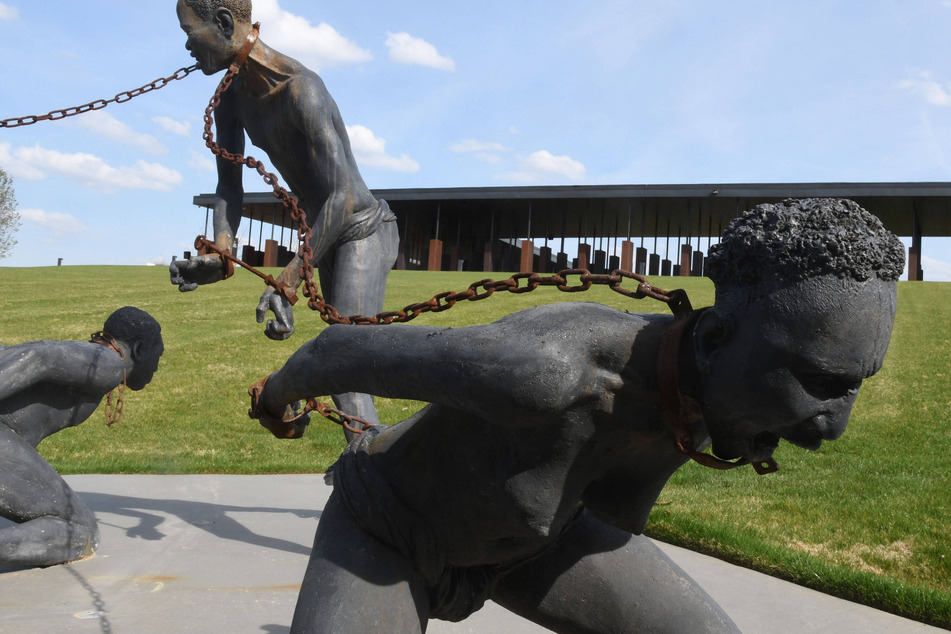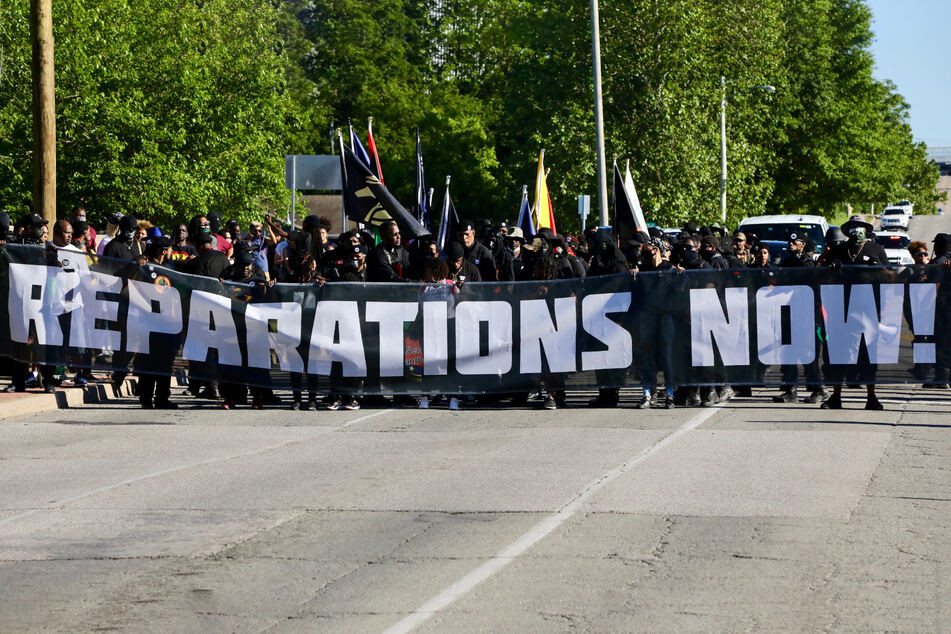Calls for reparations resound on Slavery Remembrance Day
August 23 marks International Day for the Remembrance of the Transatlantic Slave Trade and Its Abolition as calls for reparations are growing louder in the US and around the world.

The United Nations Educational, Scientific and Cultural Organization (UNESCO) first designated August 23 as International Day for the Remembrance of the Transatlantic Slave Trade and Its Abolition in 1997.
The date was chosen to honor the beginning of the uprising in Saint Domingue, which took place on the night of August 22-23, 1791, and led to the creation of the Republic of Haiti – the first independent nation founded entirely by formerly enslaved people and the first to permanently abolish slavery.
Even after the revolutionaries won their freedom in 1804, colonial subjugation continued as Haiti was forced to pay huge sums to France, costing the new country an estimated $560 million over seven decades by today's standards. The US also contributed to the draining of Haiti's resources through the denial of bank loans, military occupation, and outright theft.
With the loss of growth the country experienced due to astronomical debt, a New York Times report calculated at least a $115-billion loss for Haiti.
Similar dynamics have been present in the US even after Emancipation, leading to a racial wealth gap of at least $14 trillion.
The growing demand for repair

Today, descendants of those harmed by global white supremacy are rising up to demand their due.
Many Caribbean and African nations are calling for reparations from former colonial powers, while in the US, advocates are organizing for justice from federal, state, and local governments as well as religious, educational, and financial institutions.
California took a historic step in approving its final reparations report this summer, tracing the legacy of enslavement in the state and its ongoing impacts today. The report also includes 115 policy recommendations to provide redress to descendant communities, including the creation of a Freedmen Affairs Agency to administer reparations initiatives.
On the federal level, progress has been much slower, and President Joe Biden has so far ignored calls to create a federal reparations commission by executive order.
With these wrongs left unaddressed, the legacy of enslavement is not locked in the past, but rather a very present reality for Black communities around the world.
Cover photo: IMAGO / Pond5 Images

